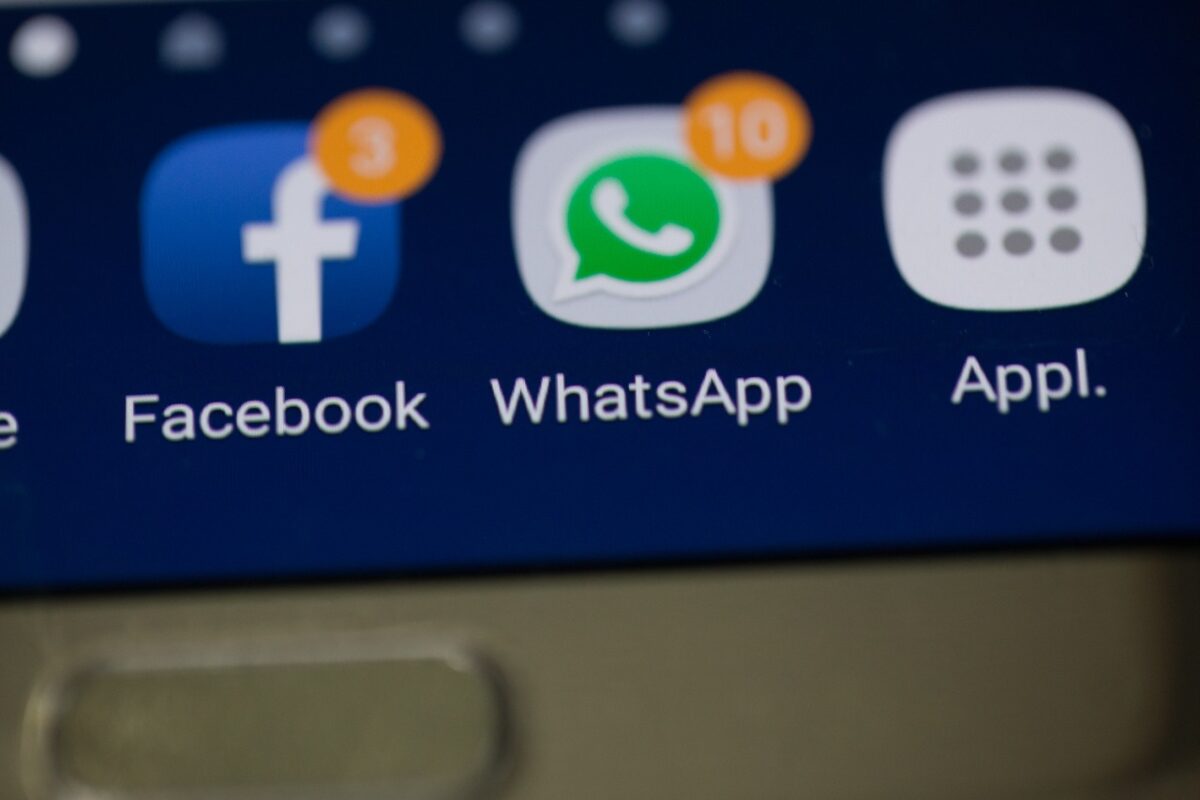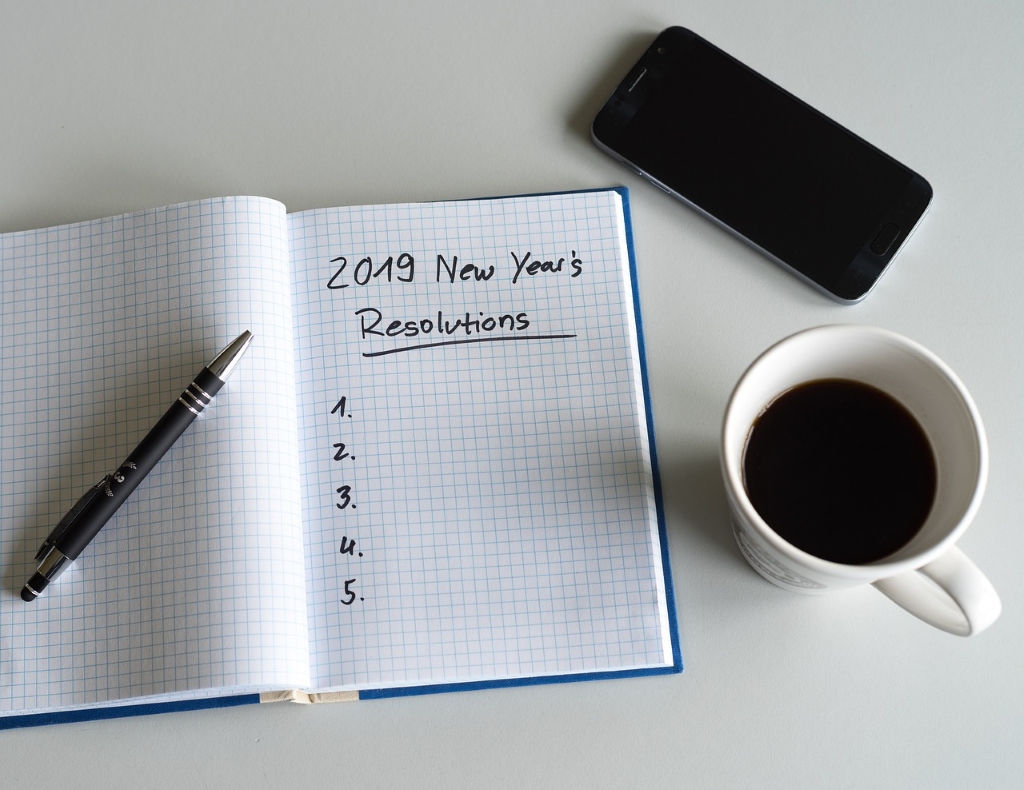How to stop procrastinating is one of the biggest questions we all struggle with on a daily basis. This paragraph has already taken two days to write!
Tasks that seem difficult, unpleasant, or hard to guess the duration of tend to get put on the long finger. There’s probably a physiological aspect to this. Note: I’m not an expert in any of the fields involved here, but in layman’s terms: The function of procrastination is believed to be our minds protecting us from stress, and the cortisol that we know will be released by engaging with stressful tasks. We’re particularly prone to procrastinate when we’re tired or already stressed. But our bodies don’t necessarily realise that we’ve got bills to pay, dammit!
If procrastination is a protective function though, our bodies don’t seem to consider that incomplete tasks take up mental space (though you can reduce this affect by writing things down on a To Do list), whereas getting things done produces a little dopamine hit. So it’s clear that procrastination, while natural, isn’t necessarily doing us many favours if it’s saving us from a little cortisol now, robbing us of dopamine soon, and producing more cortisol in the long run by creating more incomplete tasks.
Probably best to get a handle on it, then. So! Here are some of my adopted techniques to stop procrastinating. People in paid 9-5 employment can benefit from these too, though they apply more to those with flexible working days.
The Pomodoro Technique
This technique takes its name from the Italian word for tomato. This is because its inventor, Francesco Cirillo, had a tomato-shaped kitchen timer on his desk that he used to measure work periods of (usually) 25 minutes.
The idea is to work in 25-minute sprints, then take a 5 minute break (good to move around, use the bathroom, get some water, etc) and resume another period after that. You repeat this up to 4 times for a very productive couple of hours, then you should take a longer break.
I first started using this technique while working in my last job as a games programmer. I’d have been assigned a big feature to complete, that would take hours or days (you never quite know with games programming). I’d break the task down into chunks that should take 25 minutes or less each, and then focus intently on just that sub-feature for 25 minutes. Sometimes a task wouldn’t be complete, but I’d have definitely broken the back of it without getting distracted. When the clock’s ticking, we tend to focus better.
Now, how this helps me to stop procrastinating requires just a little twist in what you think the technique is best used for. It’s great for productivity, yes, but it also carries the strong likelihood that that unpleasant task (say, a VAT return, or employee review) will be off your plate in less than a half hour if you just start now!
That promise has seen me start and finish more programming jobs, tenders, applications, emails, and bookkeeping tasks than any other technique. I’m even running a Pomodoro clock right now. I’ve 9 minutes left. The blog won’t be finished in that time, but in one more the first draft should be done, another and I’ll have edited and added pictures, and one final one will see it posted, shared on social media, and totally finished!
You could get yourself a desk timer, but I just use a simple free App called ‘RemindMe for Windows‘ (which I also use to remind myself to correct my posture at my desk every now and again).
Accountability
As I often mention, this is one of the biggest benefits to hiring a coach. A coach is of more benefit keeping you accountable towards bigger goals and tasks, but accountability can be used in all sorts of ways.
When I used to live-stream game development, I set two times a week (and posted them on my streaming pages and Twitter) that I would be streaming live at that time. I didn’t have a huge audience, but once the info was out there, I’d be a liar not to show up and start working. Whatever else happened in the week, I always had two slots of 90-120 minutes where the game itself, in-engine, got worked on. This kept the ball rolling and not stuck in an email & admin pothole.
Similarly, once an artist and composer joined my team, I felt accountable to them, and any tasks I had that they needed done miraculously got accomplished. Most of us hate to let others down and are much more willing to not deliver on a promise made to ourselves alone.
If you work alone and people aren’t counting on you, posting things publicly, or getting an accountability buddy (accountabilabuddy – I can never let that hilarious contraction go unsaid) or coach can seriously help you to stop procrastinating and finish more tasks.
Urgency – Make Plans
This leads on from the others fairly well, but it’s a little different. Where the Pomodoro technique has you create an artificial time pressure, and accountability has you create (if it doesn’t already exist) artificial social pressure, this has you create real pressure – timed and usually social.
Parkinson’s Law states that a task will expand to fill the time allotted for it, in the same way that a gas will fill any given chamber evenly. I’ve always noticed that if my evening is free, I’ll usually wind up finishing some of the tasks that were allotted for the working day in the evening. If, however, I’ve made plans with someone to go to a show, gig, movie, etc, now I’ve now got a real time constraint on the day, and the social pressure of not wanting to cancel on my friend. If I’ve bought tickets, I’ll have the benefit of financial loss aversion too!
Doing this not only helps you knuckle down and get things done, but it rewards you for doing so and protects your work/life balance, which in turn protects your long term health, productivity, and enthusiasm. It’s a positive feedback loop that’s actually very powerful!
So rather than not make plans because you might have to finish work (you always will, according to Parkinson), say yes to that invite to the pub or games night.
How to Stop Procrastinating – In Conclusion
Using these three techniques (and others) have greatly helped me to stop procrastinating and increase the number of unpleasant jobs that I get done. Doing so has also freed up more time for me to enjoy my life outside of work hours (by basically creating “outside of work hours”).
I hope they’re of use to you as well. You might also enjoy my article “Movement Beats Meditation” (which is about perfectionism, not exercise or spirituality).
Do leave a comment if you have any of your own techniques or success stories, and please share the article if you found it valuable.
Until next time…



